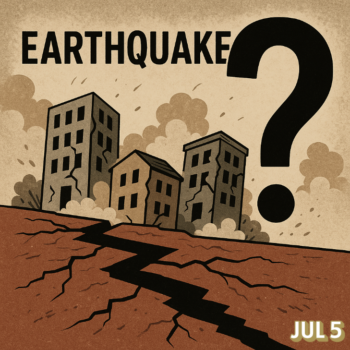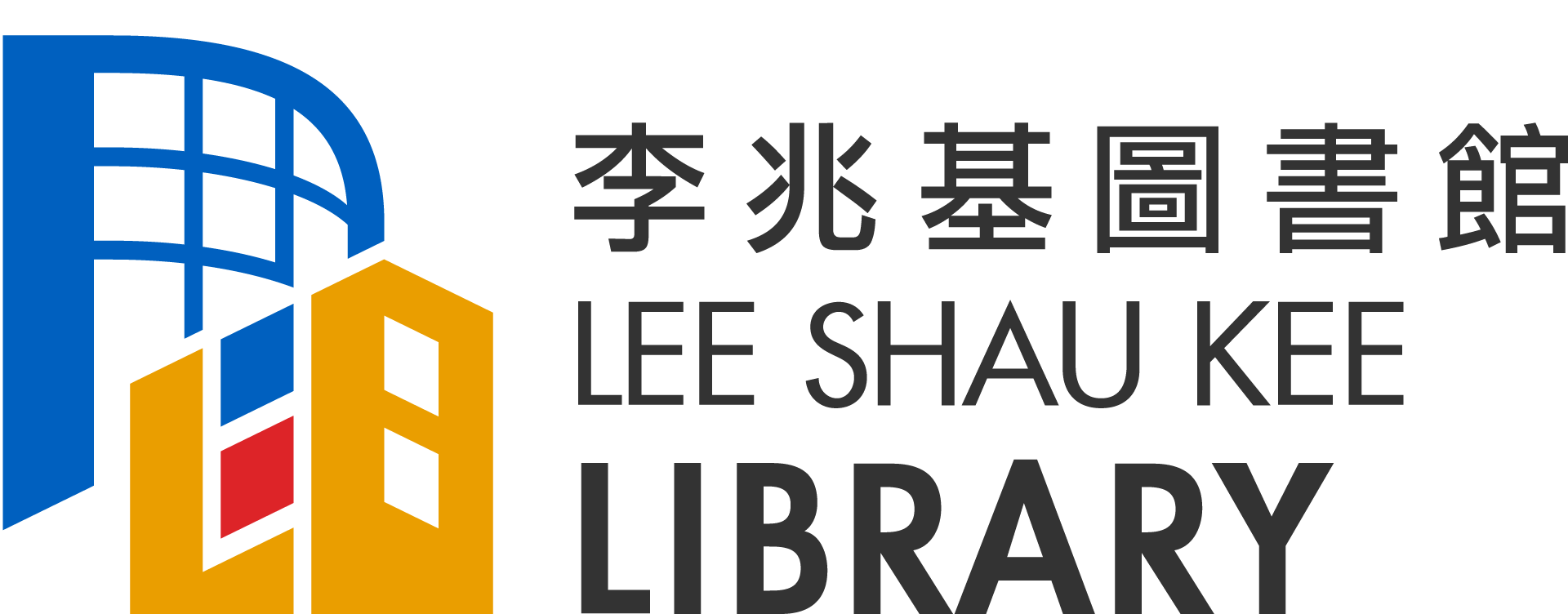As a SciTech Librarian, I cannot predict earthquakes. However, the recent claim of a major earthquake set to strike Japan on July 5, 2025, offers an opportunity to discuss how we evaluate such predictions using the concept that "Authority Is Constructed and Contextual."
The Origin of the Prediction
This prediction originates from the 1999 manga The Future I Saw by Ryo Tatsuki, which includes a claim of a "great disaster" occurring on July 5, 2025. This work gained attention due to its alleged prediction of the 2011 Tōhoku earthquake. However, it's essential to recognize that this is a manga, not a scientific forecast.
Jul 5 Earthquake?
Note. Original Image generated using the prompt "an earthquake and a question mark" by Open AI, GPT-Image-1, 2025 (https://poe.com/GPT-Image-1).
Understanding 'Authority Is Constructed and Contextual'
Framework for Information Literacy for Higher Education by the Association of College and Research Libraries (2016) emphasizes that "Authority Is Constructed and Contextual." This principle recognizes that the credibility of information sources depends on their creators' expertise and the context in which the information is used. Different communities may recognize various types of authority, and the level of authority required can vary based on the information need.
Applying this concept to the 2025 earthquake prediction:
- Source Analysis: The claim originates from a manga, not a scientific study.
- Author Intent: Manga Artist, like Ryo Tatsuki, create content for entertainment, not as factual forecasts.
- Contextual Evaluation: Understanding the information need helps determine the level of authority required. If your information need is for entertainment, that is fine. However, if you are taking it very seriously, such as for matters concerning survival, scholarly communication, or scientific purposes, you will need to consult reliable sources on seismology.
To learn the basics of seismology, you can visit our library's encyclopedia, such as the Encyclopedia of Natural Hazards. By consulting reliable sources, individuals can stay informed about earthquake risks and preparedness strategies. For example:
- Japan Meteorological Agency (JMA): Provides real-time updates and comprehensive data on earthquake information in Japan.
- United States Geological Survey (USGS): Offers global earthquake information and educational materials on seismic events.
Interactive Library Game: Practise Evaluating Information
To further enhance your understanding of evaluating information sources, we invite you to play our interactive library game, The Tale of Wisdom Stone. This game is designed to help you practise identifying the purpose of the information, based on the Campus Legend Wisdom Stone. This engaging activity will help you develop critical thinking skills in assessing the credibility of various information sources.
Conclusion
The July 5, 2025, earthquake prediction serves as a reminder of the necessity for critical evaluation of sensational claims. By leveraging library resources and fostering information literacy, individuals can make informed decisions and avoid unnecessary alarm.
References
Association of College and Research Libraries. (2016, January 11). Framework for information literacy for higher education. https://www.ala.org/acrl/standards/ilframework
Open AI. (2025). GPT-Image-1. [AI image generation model]. https://poe.com/GPT-Image-1
Samson Choi
Librarian (Learning Support)
lbsamson@ust.hk







